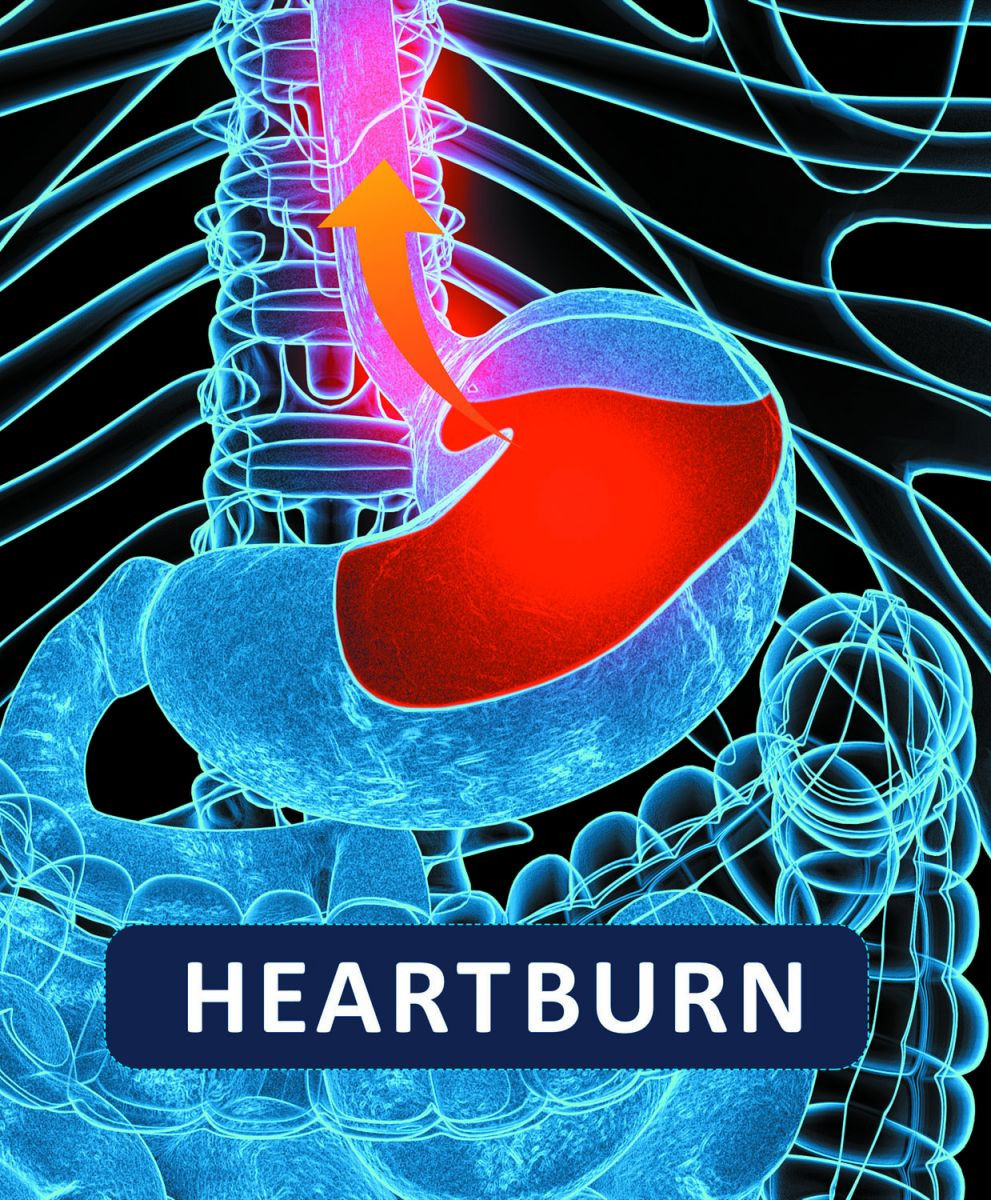
What are somatic workouts?

How to curb your stress eating

How to spot Parkinson’s disease symptoms

8 simple ways to reduce ultra-processed foods in your diet

Heart failure symptoms in women: How they’re different

GERD diet: Foods to avoid to reduce acid reflux

Strong is the new skinny

Everyday habits that sneakily weaken your bones

Don’t wait to get help for back pain

Correcting how you walk may ease osteoarthritis knee pain
Pain Archive
Articles
Pain conditions are more common in women
Women are disproportionately affected by conditions that cause chronic pain, but they sometimes have difficulty getting a definitive diagnosis as to what is causing their pain and may be less likely to receive appropriate treatments even when they do.
When headaches won't go away
Women are three times more likely than men to get migraine headaches, in part because of the hormone estrogen. A number of different medications are available to prevent migraine and stop them when they first start.
Better shoes help you walk away from a common cause of heel pain
Plantar fasciitis is a common cause of heel pain. It affects the band of tissue on the bottom of the foot that connects to the heel.
Surprising causes of neck pain
Neck pain is often the result of strained neck muscles that become irritated from everyday activities. Examples include watching TV for hours at a time, sleeping without enough neck support, slouching, looking down at a smartphone for long periods, lifting heavy dumbbells, or getting stressed out. Ways to avoid such neck pain include using pillows to better support the neck on a couch or in bed, sitting up straighter, keeping electronic screens at eye level, lifting weights that aren't too heavy, and practicing stress management.
Looking out for diverticulitis
More than half of US adults over 60 have diverticulosis, a condition where part of the wall of the colon bulges outward and forms tiny pouches. Diverticulosis does not cause symptoms, but if a pouch becomes inflamed or infected it becomes diverticulitis, which can be mild or more serious.

What are somatic workouts?

How to curb your stress eating

How to spot Parkinson’s disease symptoms

8 simple ways to reduce ultra-processed foods in your diet

Heart failure symptoms in women: How they’re different

GERD diet: Foods to avoid to reduce acid reflux

Strong is the new skinny

Everyday habits that sneakily weaken your bones

Don’t wait to get help for back pain

Correcting how you walk may ease osteoarthritis knee pain
Free Healthbeat Signup
Get the latest in health news delivered to your inbox!
Sign Up











